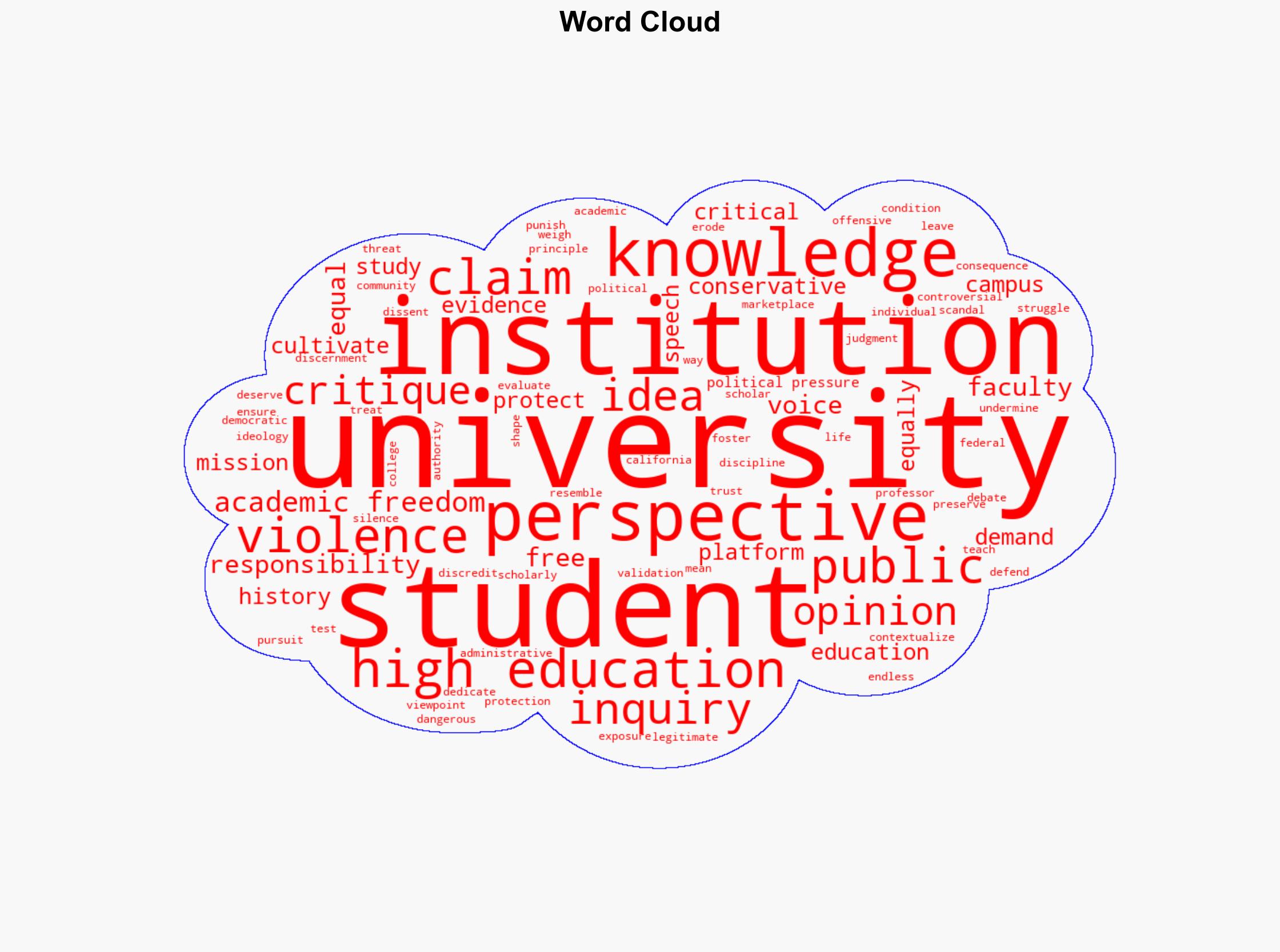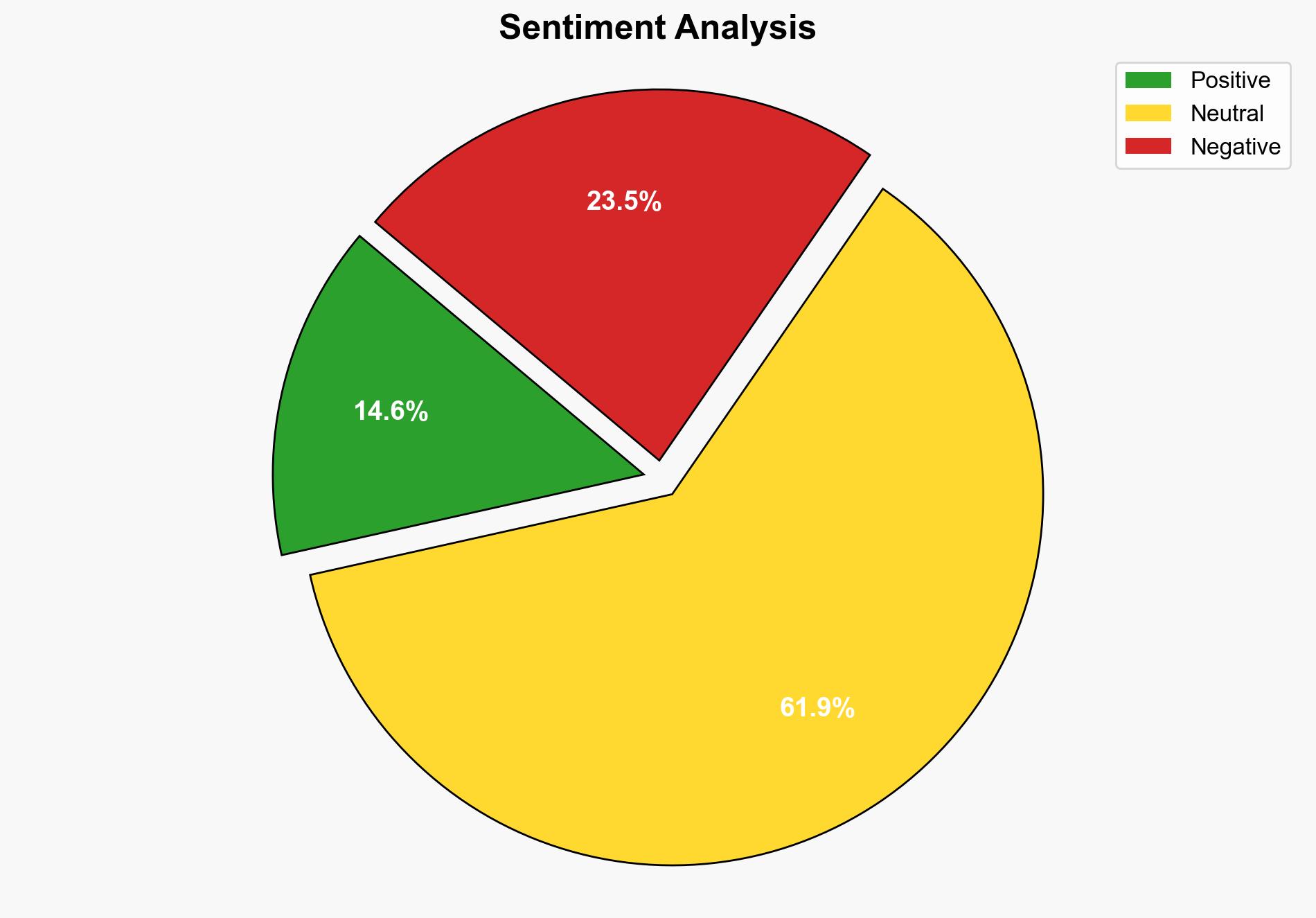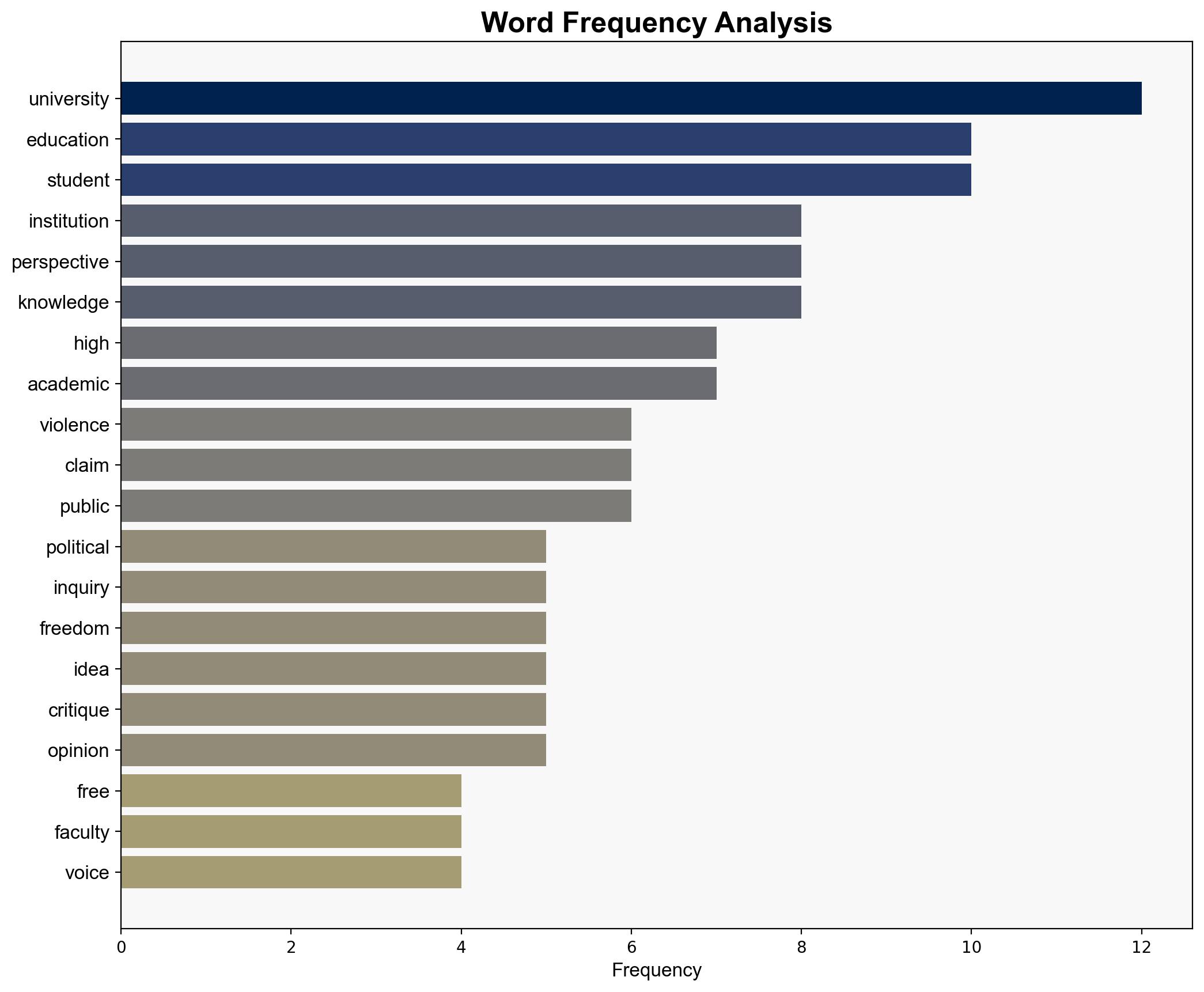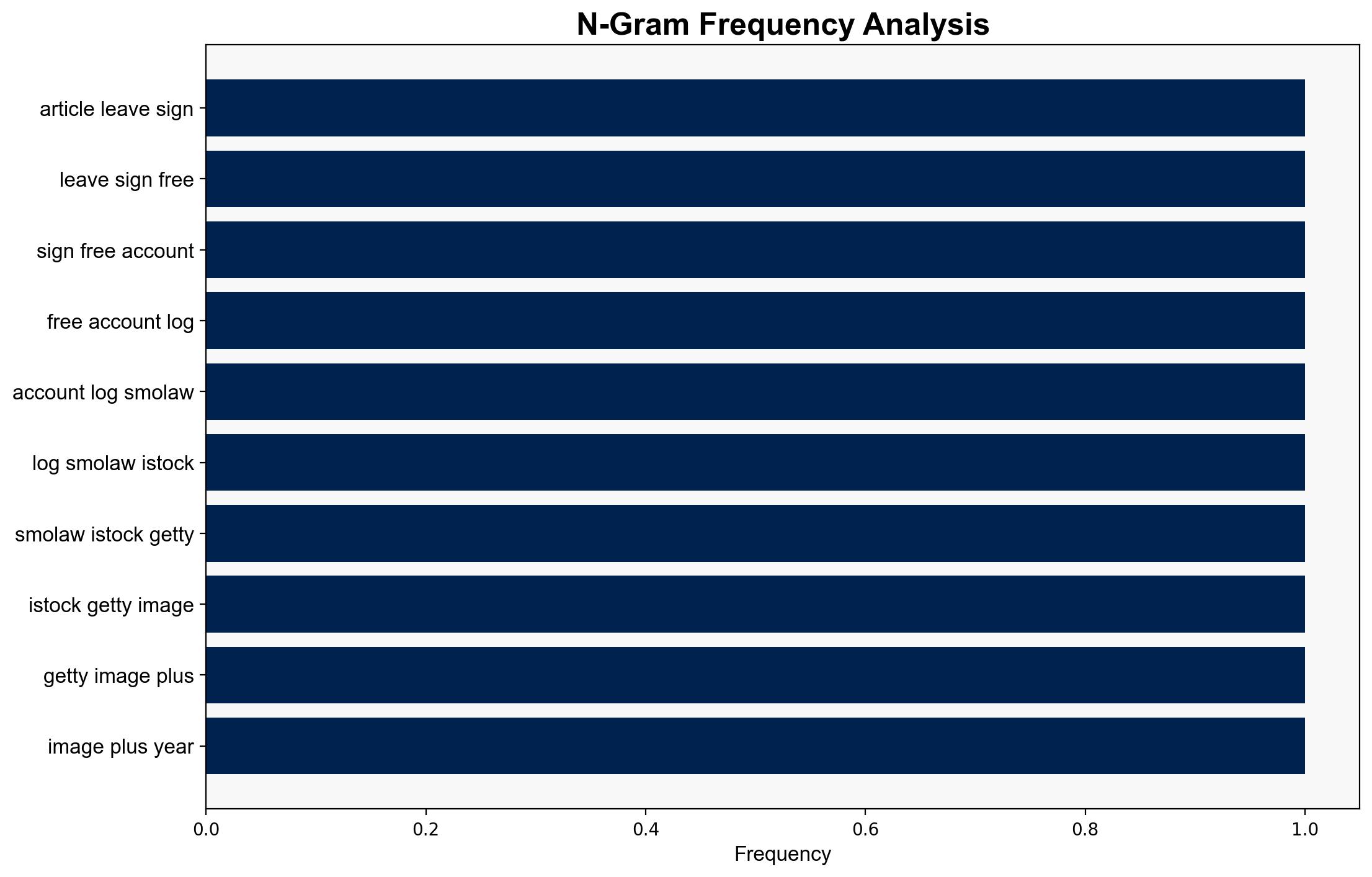Curators of Knowledge Not Chaos – Inside Higher Ed
Published on: 2025-10-10
Intelligence Report: Curators of Knowledge Not Chaos – Inside Higher Ed
1. BLUF (Bottom Line Up Front)
The most supported hypothesis is that higher education institutions are facing a crisis where political polarization and external pressures are threatening academic freedom and the integrity of knowledge dissemination. This hypothesis is supported by the convergence of political pressures, violence, and administrative actions against faculty. Confidence level: Moderate. Recommended action: Develop strategies to reinforce academic freedom and protect institutions from political influence.
2. Competing Hypotheses
1. **Hypothesis A**: Higher education institutions are becoming battlegrounds for political ideologies, leading to increased polarization and threats to academic freedom. This is driven by external political pressures and internal administrative actions.
2. **Hypothesis B**: The perceived crisis in higher education is exaggerated and primarily a result of media amplification and isolated incidents. Institutions continue to function as platforms for diverse viewpoints, with isolated cases of suppression being exceptions rather than the norm.
Using the Analysis of Competing Hypotheses (ACH) 2.0, Hypothesis A is better supported by the evidence of administrative crackdowns and the weaponization of political factions on campuses.
3. Key Assumptions and Red Flags
– **Assumptions**: Hypothesis A assumes that political pressures are uniformly affecting all institutions, which may not be the case. Hypothesis B assumes media exaggeration without substantial evidence of widespread institutional resilience.
– **Red Flags**: Lack of specific data on the frequency and impact of political interventions in academic settings. Potential bias in reporting from politically motivated sources.
4. Implications and Strategic Risks
– **Implications**: If Hypothesis A is correct, the erosion of academic freedom could lead to a decline in the quality of education and research, impacting societal progress and innovation.
– **Strategic Risks**: Escalation of violence and political interference could destabilize educational institutions, leading to broader societal unrest. Economic impacts may arise from reduced international student enrollment due to perceived instability.
5. Recommendations and Outlook
- Strengthen policies that protect academic freedom and ensure diverse viewpoints are represented and respected.
- Engage in dialogue with policymakers to reduce political pressures on educational institutions.
- Scenario Projections:
- Best Case: Institutions successfully reinforce academic freedom, reducing polarization and restoring trust.
- Worst Case: Continued political interference leads to widespread institutional failure and societal division.
- Most Likely: Incremental improvements in policy and dialogue mitigate some, but not all, risks.
6. Key Individuals and Entities
– Charlie Kirk: Prominent conservative activist mentioned in the context of campus polarization.
7. Thematic Tags
national security threats, academic freedom, political polarization, higher education crisis




